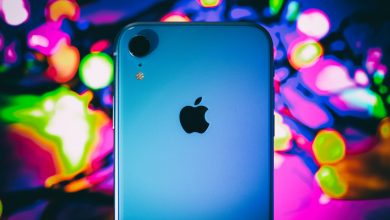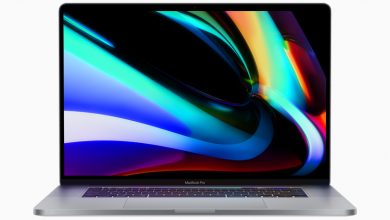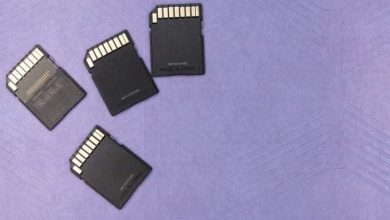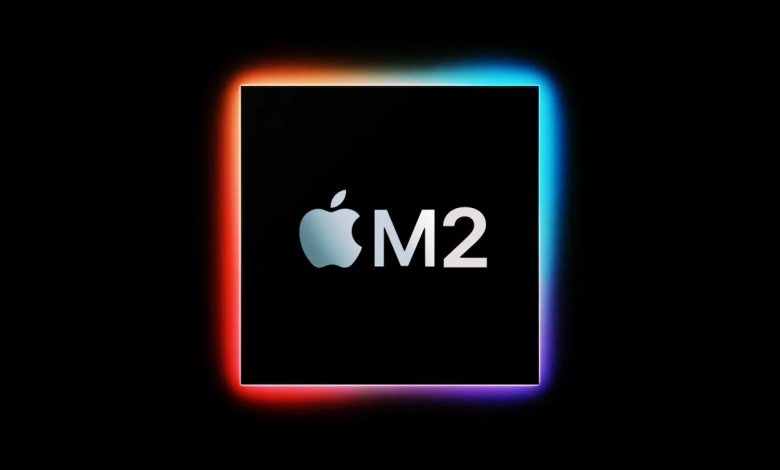
Apple recently released a slew of devices including the iMac and the iPad Pro which uses their M1 chip. Now, the next major event is WWDC, which starts on June 7, and is expected to bring larger MacBook Pro models (14″ and 16″). More important than their size will be their brains.
Nikkei reports that Apple and TSMC will start mass production of the Apple M2 chipset (or perhaps it will be called M1X). This means that the first devices could ship as early as July – about a month after WWDC.
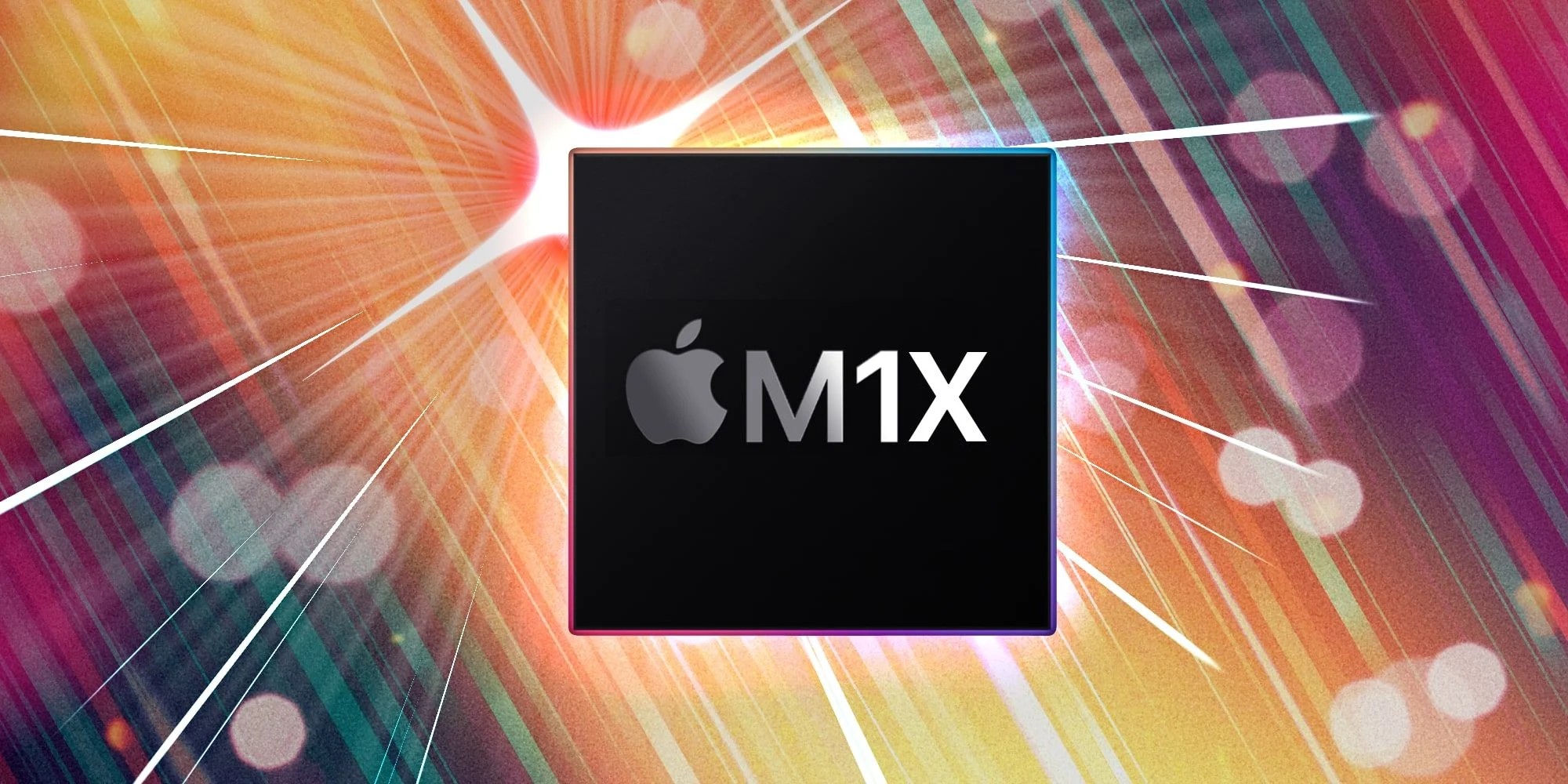
Interestingly, the publication reports that the M2 will be fabbed using the new N5P process. The current M1 chips are based on the N5 process, which according to TSMC’s official numbers offers a 15% speed improvement and a 30% reduction in power compared to the older N7 (7 nm) process. N5P improves that to 20% and 40%, respectively, compared to N7.
4nm process node
Apple M2, the purported name given to the company’s next generation custom chipset, is reportedly now in production. The new chip is now in the chipset foundry and is based on a 4nm fabrication node, upgraded from the M1 chip’s 5nm process. According to a report on the matter by Nikkei Asia, the Apple M2 will take about three months to wrap up the production process, following which it will be supplied to the MacBook assembly chain. On the consumer front, the Apple M2 may be first seen powering the late 2021 refresh of the company’s MacBook Pro lineup – which is expected to also get a slew of significant changes.
Apple’s use of TSMC instead of Intel
Apple went solo and separate from Intel’s ways after introducing the Apple M1 chip last year – a custom SoC that has since offered performance and efficiency improvements over older Intel chips. Along with these, Apple has also managed to offer a tighter integration of resources to announce Universal Apps – a platform where developers get to make their apps launch instantly and work across iPhones, iPads and Macs. While Apple has always championed a tightly knit and highly seamless and efficient operation process with its hardware, the use of its own SoCs has taken this integration even further ahead. With the upcoming Apple M2, this is expected to continue.
Shift from M1 to M2 should have a few incremental benefits
The Apple M1 was recently introduced to more hardware than just the MacBooks, and are now found inside the 2021 iMac as well as the 2021 iPad Pro. The latter in particular gets a considerably higher amount of firepower to take on more intensive tasks such as live mixed reality content rendering, among others. At the moment, it is not entirely clear as to what performance benefits would the Apple M2 chip represent. The shift from the M1 SoC’s 5nm node to the rumoured M2’s 4nm process should have a proportionately incremental upgrade in terms of performance, as well as the overall power efficiency of the SoC.
The late 2021 MacBooks themselves are expected to get more significant upgrades than just incremental spec overhauls. The latter is expected to get more ports including Thunderbolt 4, full-size HDMI and a microSD slot, and also let go of the OLED Touch Bar while retaining Touch ID. Screen sizes may be incrementally improved with a 14-inch and 16-inch MacBook Pro lineup expected to continue from this year onward.
Apple’s M1 doubled Apple’s profits by a large margin
The M2 is expected to add more CPU and GPU cores, probably a few NPU cores as well. The current M1 chips have 4 large CPU cores (and 4 small ones) plus 7 or 8 GPU cores. The more efficient process will be a boon for the larger, more powerful chip.
The M1-powered computers have revitalized Apple’s computer business. According to data from IDC, Apple shipped 6.69 million Macs in the January-March period, more than double what it managed in the same period last year. And 2020 was already a strong year with 23 million Macs shipped over the twelve months, up 29.1% compared to the previous year.

